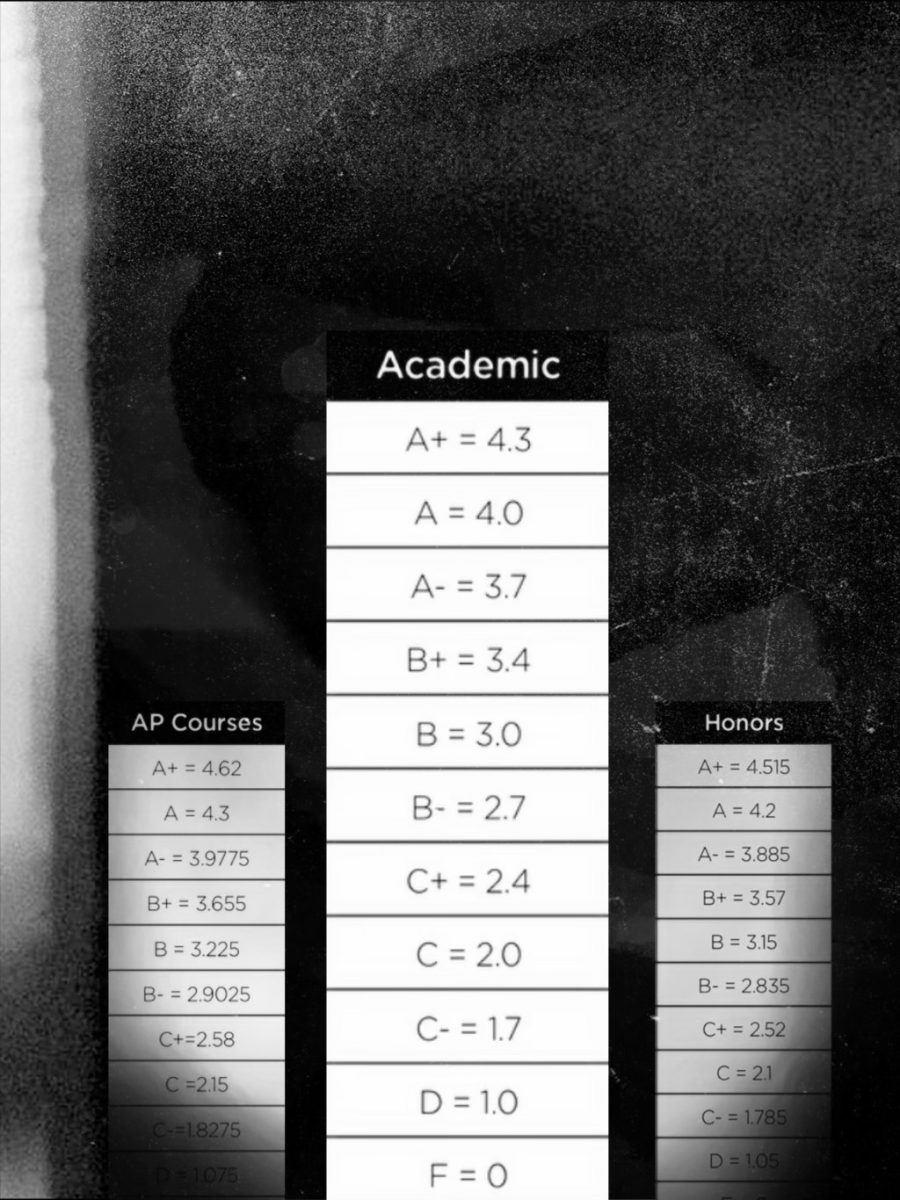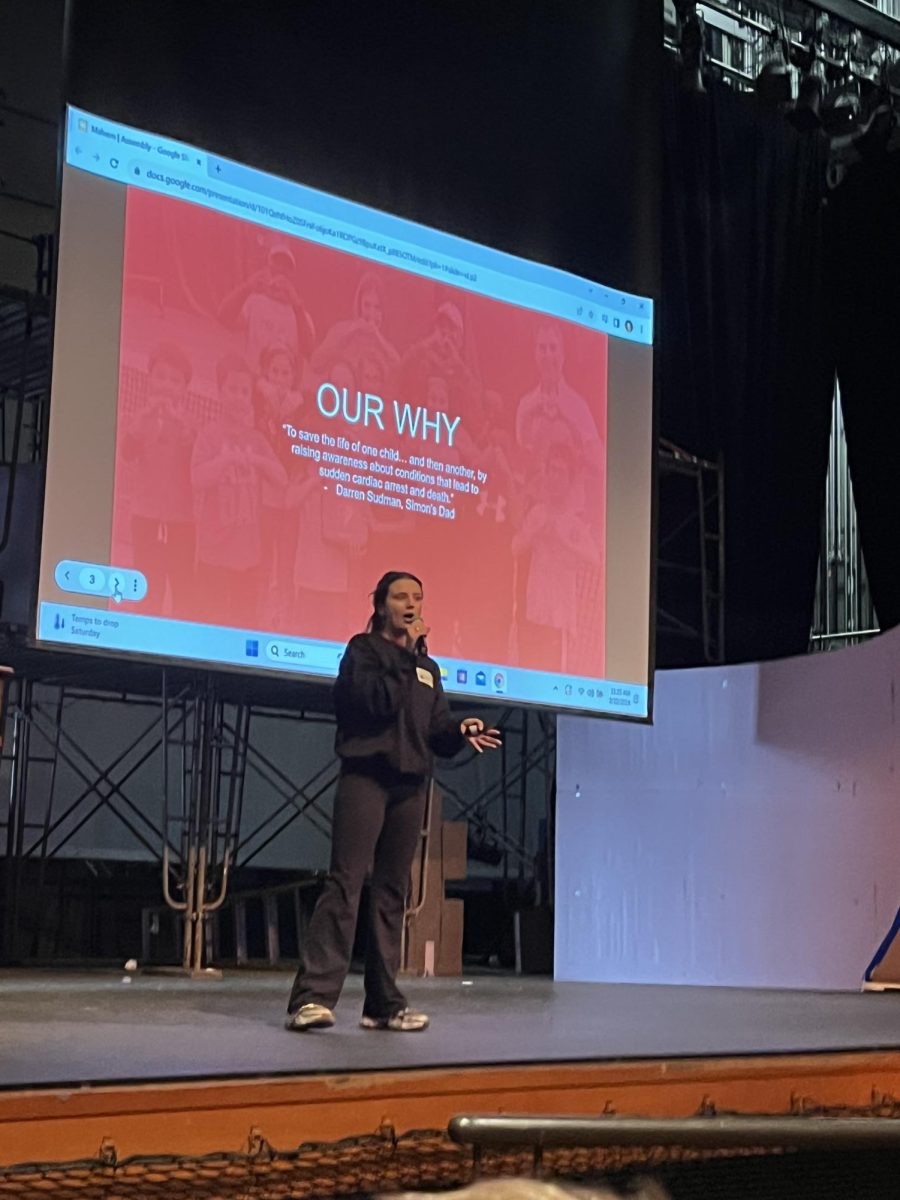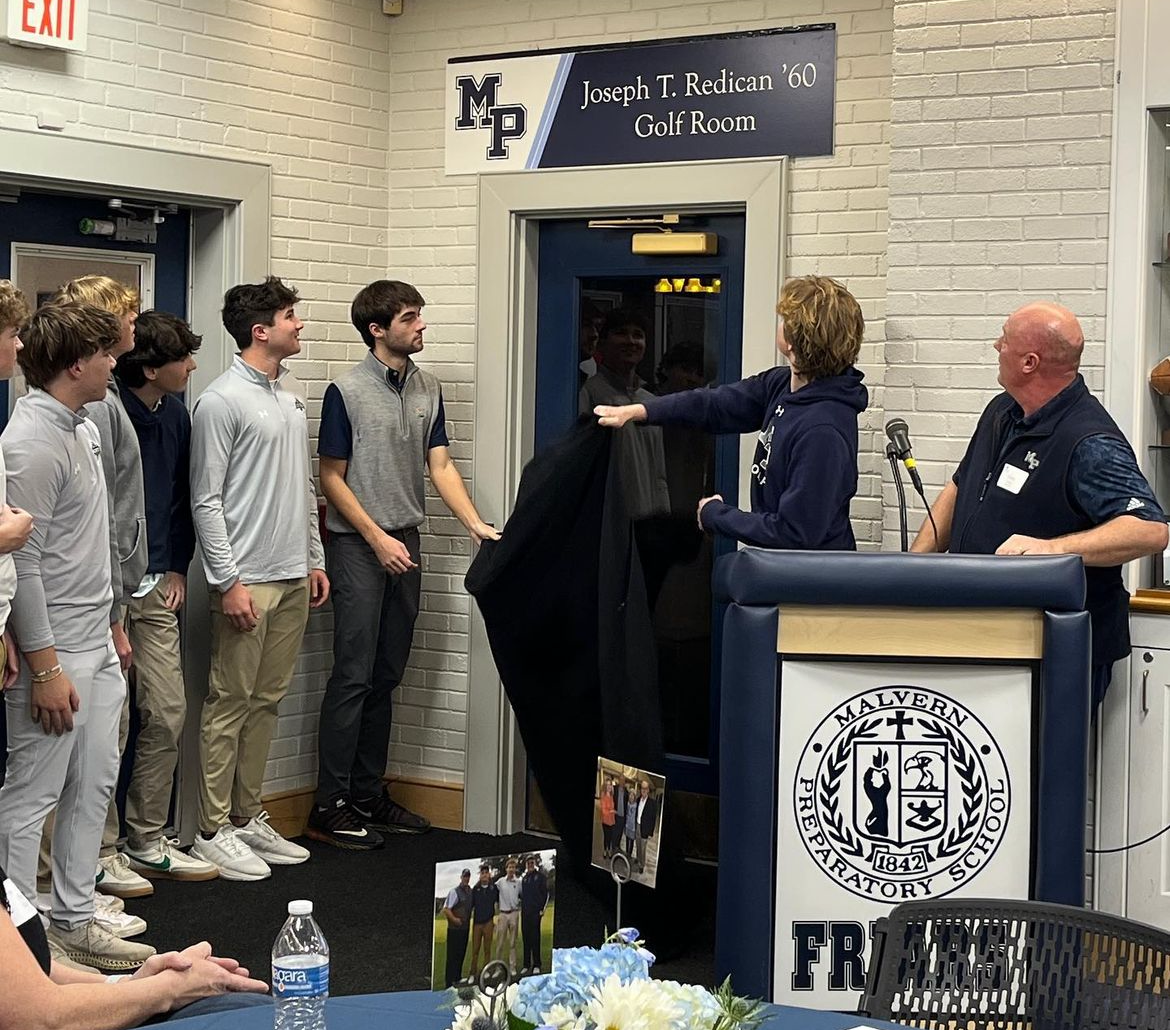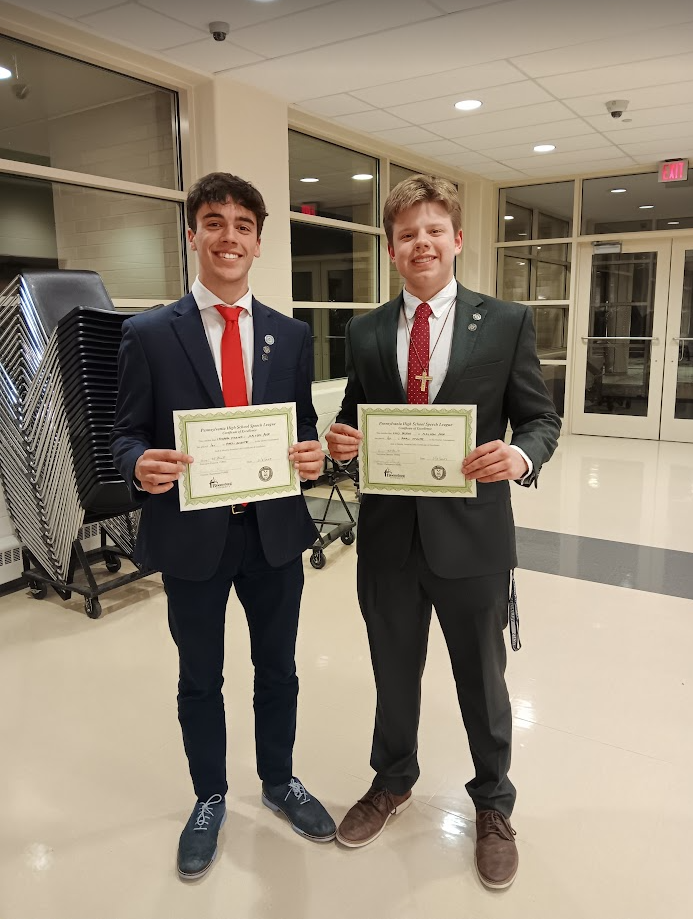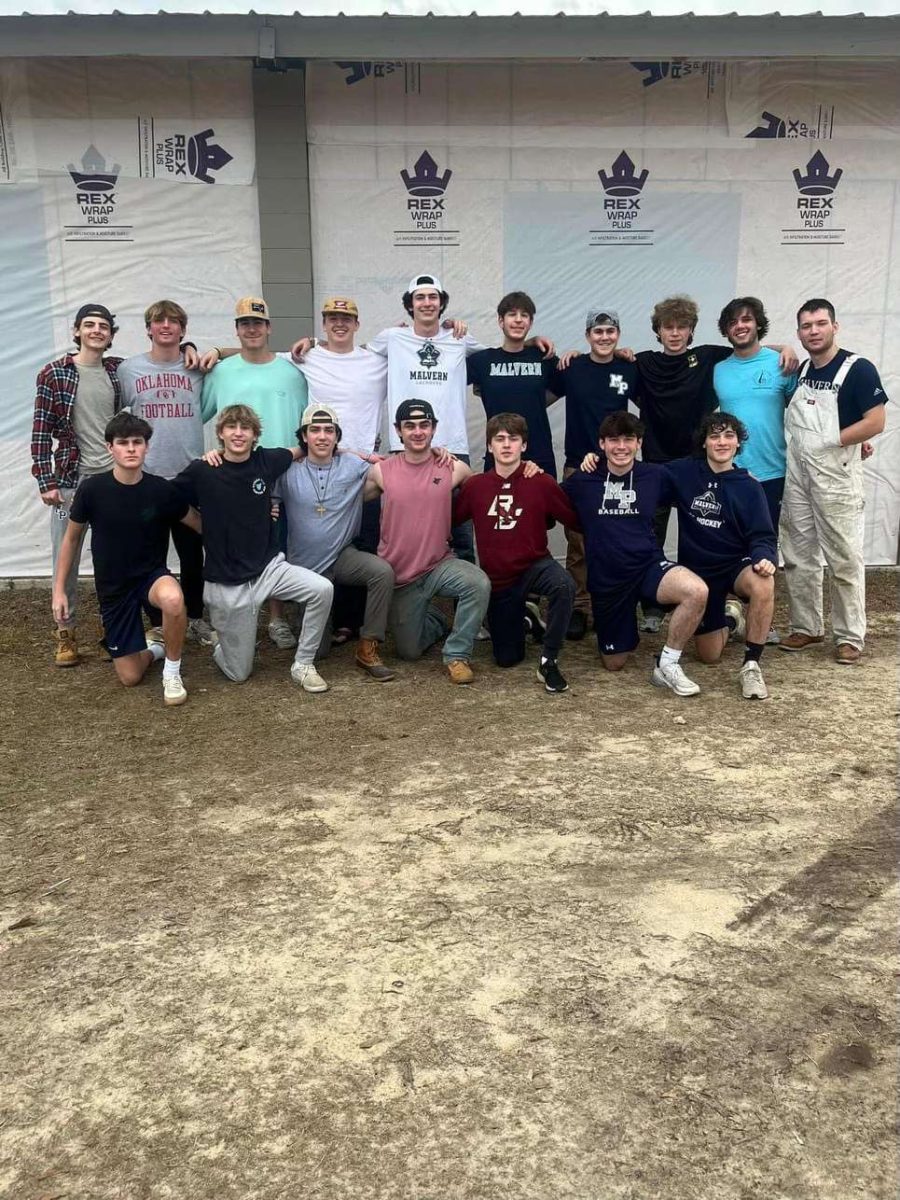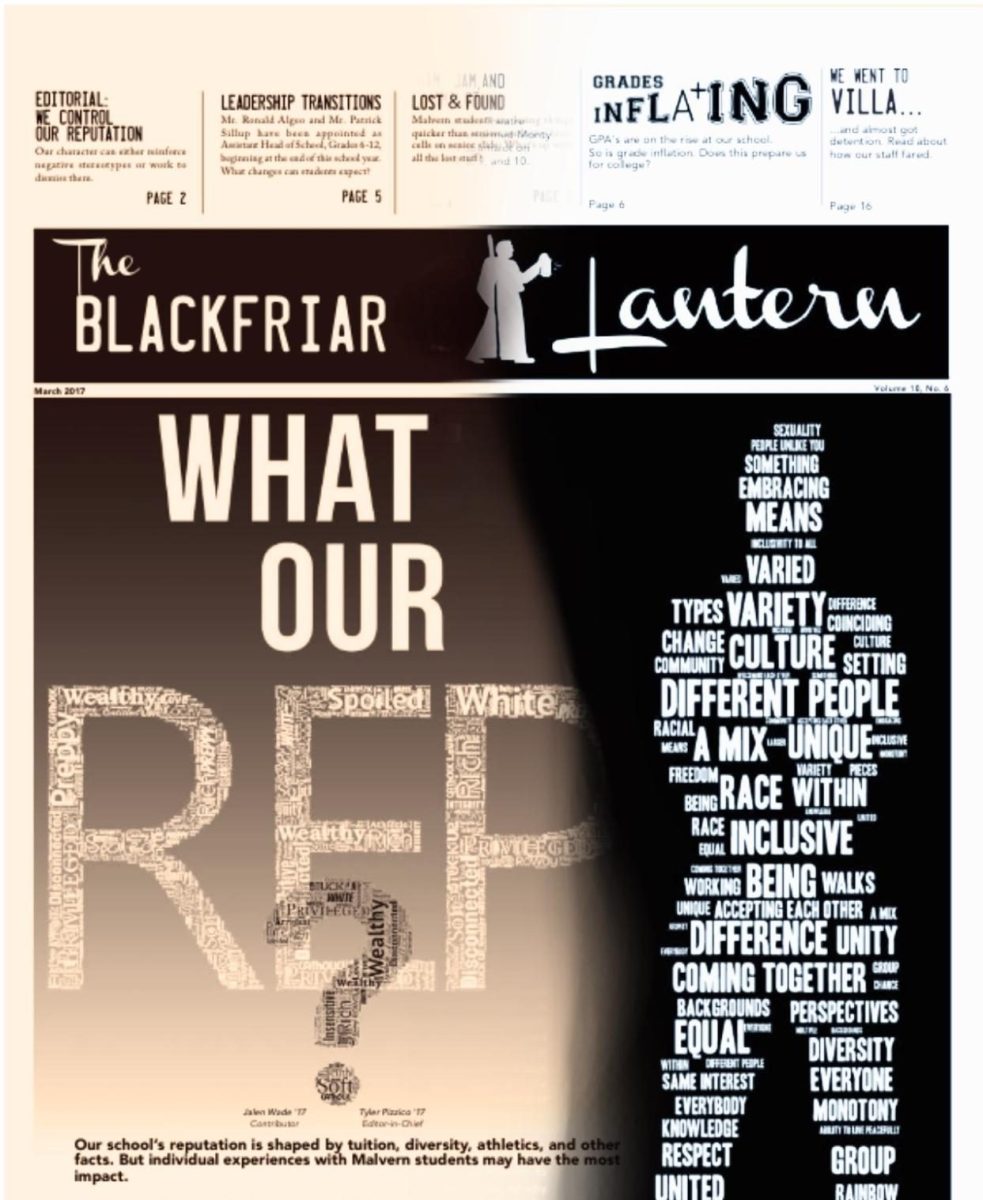The word “jawn” is synonymous with Philadelphia. Malvern students and teachers discuss the acceptable usage of the word on campus.
On October 4, Merriam Webster sent out a tweet with a link to a website titled “Some Jawn about Jawn.”
According to the dictionary’s website, the word “jawn” has now been categorized as a “Word We Are Watching,” meaning they are increasingly seeing the word in use, but it has not yet met the dictionary’s criteria for entry.
The term “jawn” originated from the Philadelphia area, but was derived from the word joint. The term joint means an intersection between where two bones meet. In New York City, the word joint became a regional slang term for a place.
“Jawn” can refer to almost anything, almost an interchangeable puzzle piece in the English language. It is used as a noun, but not as a verb, according to former Editor-in-Chief Tyler Pizzico ’17. “That would be a travesty,” he stated.
But for some, “jawn” is more than a word.
Senior Christian DiCicco chose “jawn” for an essay for the University of Virginia’s application about favorite words.
“I chose ‘jawn’ because it is unique especially to this area, the Philadelphia area, and I said in my essay that the people who used it, it describes who they are and where they are from, and we take pride in being from where we are,” DiCicco said.
Not everyone agrees with the usage of the term “jawn.”
“Anyone can use the word and anyone cannot use the word. It is more than a word, it is taking pride, and if you don’t want to use it, you don’t have to, no one is forcing you,” DiCicco said.
Junior Claudio Chieffo does not understand the popularity with the usage of the word.
“I don’t think it’s necessary, I think there are other words to use that sound more intelligent than ‘jawn,’” Chieffo said, “I personally do not use it, but I think other people use it referring to either a thing or event. I don’t know.”
There is also some confusion to whether or not the term “jawn” is an official word.
“I feel like it was not a word but gained so much popularity so that it became a word. If I made up a word right now, but everyone started saying it, it would become a word,” Chieffo said.
English teacher Kathryn Wolstenholme offered more insight to the term.
“I think it is useful, so if people in this area use it to communicate effectively with one another or it’s something funny, or makes them feel like they are at home,” Wolstenholme said.
Growing up and living in the south, Wolstenholme did not originally know what the word meant.
“I have learned it, and I will say I have used it from time to time, it is useful,” she said.
As an English teacher, Wolstenholme is intrigued by the regional dialect wherever she goes.
“It is regional, and I’m fascinated by regional dialect in a lot of ways, being from Florida, which is not really the deep south, but then living in the deep south for nearly a decade for college and grad school,” Wolstenholme said. “I do appreciate regional dialect and the variances that occur throughout the U.S.. If you were in North Carolina, Alabama, or Georgia, and you used the word ‘jawn’, no one is going to know what you mean, other than through context clues.”
The word “jawn” can be used in a variety of manners, but it’s up to the user to decide what it means.
“Well, after we finish this interview, you’re going to have to go write this ‘jawn,’” Wolstenholme said.



